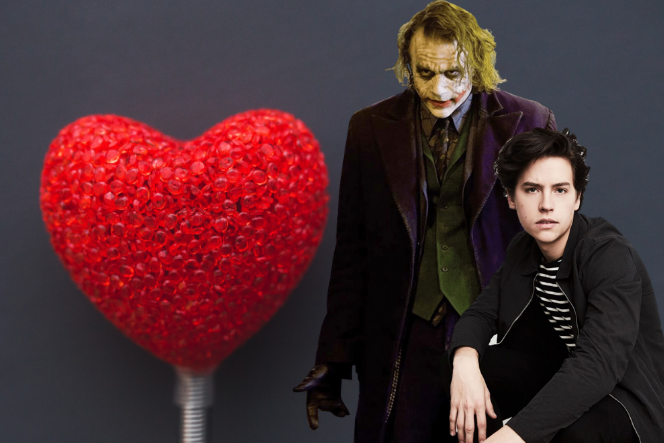Since the beginning of storytelling, fictional tales have had the tempting allure of the ‘bad boy ‘character. Now, my mother raised me right, and I know the difference between a good and bad man IRL, but still literary and televised fictional worlds ensnare my senses and I am momentarily attracted to bad boys onscreen. Why is this?
The resident ‘bad boy’ in a typical TV show is usually a young man with a troubled past. He’s a misunderstood character, generally intelligent with a dangerous side, and portrayed by handsome actors. For example, Jughead Jones played by Cole Sprouse in the show Riverdale, or Damon Salvatore played by Ian Somerhalder in The Vampire Diaries.
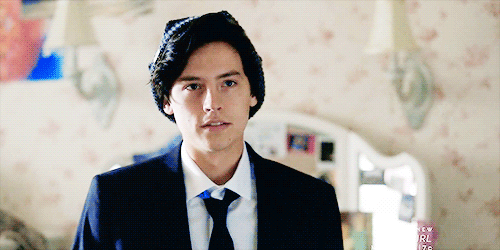
Let’s face it, we all know that the bad boy is not someone we should be attracted to – even in fiction! I, as a feminist, find myself horrified when I notice I’m attracted to a certain character with dark personal characteristics. I find that romanticising bad boys in fiction will only lead to romanticising that personality type IRL and this is problematic, to say the least.
Research tells us that the main reason fictional writers use the bad boy character is that women are scientifically attracted to them due to hormonal fluxes during ovulation. It’s not our fault ladies, it’s science! This research also suggests it isn’t necessarily the badness women are attracted to, it’s the confidence of those characters.
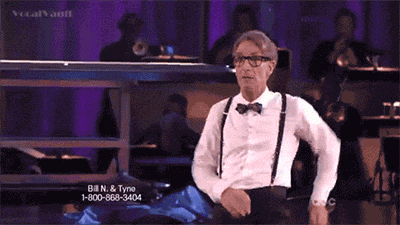
We all swooned watching 10 Things I Hate About You where our favourite bad boy Patrick Verona, played by Aussie legend Heath Ledger, belts his heart out in front of the whole school singing to the leading lady. This level of confidence is possessed by bad boy characters in most fictional media and is an extremely attractive quality in a man.
However, it’s not just misunderstood bad boys who are romanticised in media fiction, it’s full-on antagonists: the real villains of a story. Think the Joker from Suicide Squad, Killgrave from Jessica Jones, and Lord Voldemort (when he was handsome Tom Riddle) from Harry Potter. These men are the embodiment of chaotic evil and yet are still heavily romanticised in fiction.
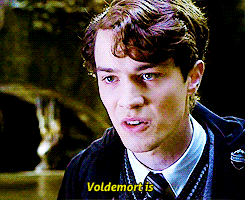
It is suggested by psychiatrists that this is because we (the audience) can see the darkest parts of ourselves reflected in the antagonist of a fictional story. We use these antagonists to better understand ourselves.
Another reason is that humans are inherently selfish but bound to behave better because of the laws and norms of society. This theory proposes that villains and bad boys show us the version of ourselves we wish to be and we are heavily attracted to that idea.
Women seem to love bad boy characters in fiction because they hone those traditionally masculine behaviours: stoic, handsome, emotionally stunted, strength and overall stability. Because the daily lives of modern women are so chaotic, especially for working mums, some of us enjoy sitting back and fantasising about a time when the gender divide was more pronounced and we could rely on a stereotypical man to look after us.
Personally, I find this ridiculous and I’m certain that if today’s women were part of that archaic age, they would spend their time fantasising about supportive husbands who want them to have autonomy over their bodies and their own careers, dreams and goals.
In fiction media, the most appealing storyline for a female audience is the bad boy who is ‘tamed’ by that one special girl who wins his heart and turns him into the good boyfriend archetype who puts her before everything and dotes on her with unending love and affection. This is a woman’s version of catnip! Women love the idea that a man will change his bad traits in order to deserve her love; this idea is portrayed in stories across the ages, from Grease to Fifty Shades of Grey.
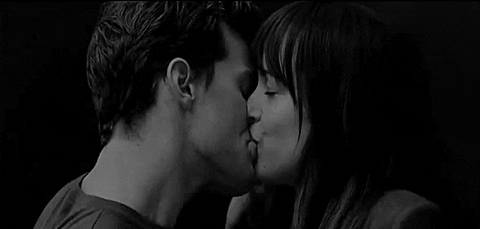
So, the simple answer as to why we romanticise bad boys in media fiction is because that is the author’s intention!
I do want to mention that although the allure of the bad boy in real life is clearly evidenced through science and through the use of romanticising them in fictional media, this only applies to short term relationships. In the long run, women want reliable and kind men to be their life partners. In fact, the most desirable traits IRL for men are moral integrity, relational sensitivity, and satisfying intimacy.
In other words, let’s leave the bad boys to swoon over in the fictional world and try to avoid them as real-life romantic partners.

